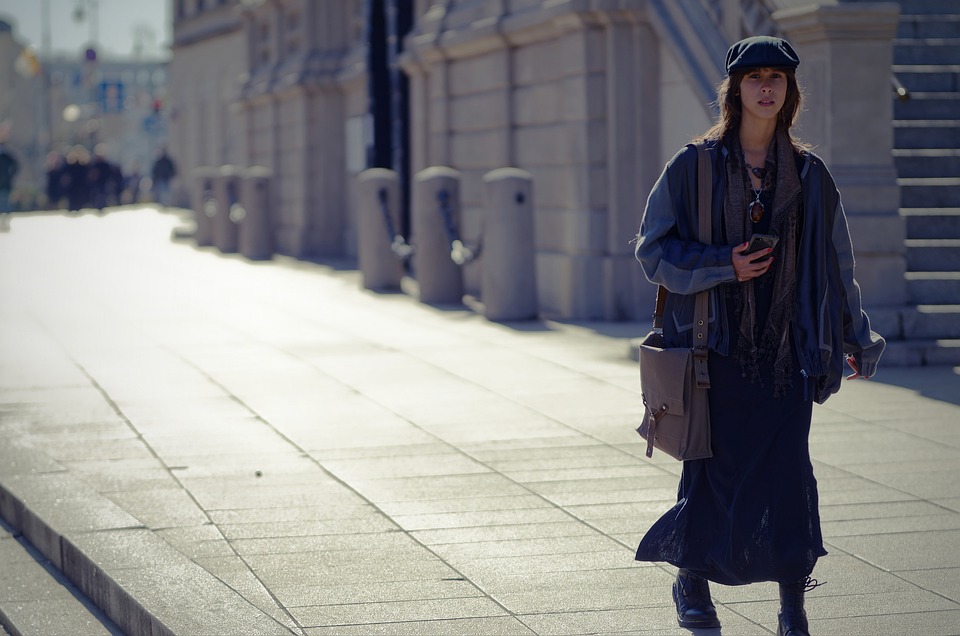In recent years, the fashion industry has undergone a significant transformation, giving rise to the sustainable fashion movement. As environmental concerns loom larger and consumer awareness grows, brands are increasingly embracing eco-friendly materials and ethical production practices. This shift is not just a trend; it represents a profound change in the way we think about clothing, consumption, and our relationship with the planet. Companies like Pangaia have emerged as frontrunners in this movement, showcasing the potential of sustainable practices in the fashion landscape.
The Need for Sustainable Fashion
The traditional fashion industry has long been criticized for its environmental impact, characterized by the overconsumption of resources, excessive waste, and exploitation of labor. Fast fashion, in particular, has encouraged a culture of disposability, where clothing is often worn just a few times before being discarded. This has created a staggering amount of textile waste and contributed to pollution on a global scale.
As climate change accelerates and resources become scarcer, the call for change is more urgent than ever. Sustainable fashion seeks to address these issues by implementing practices that prioritize environmental preservation and social responsibility. By adopting eco-friendly materials and ethical production methods, brands can reduce their carbon footprint and create a more sustainable future for the industry.
Eco-Friendly Materials
One of the cornerstones of sustainable fashion is the use of eco-friendly materials. Traditional fabrics such as cotton and polyester have significant environmental impacts, from water consumption to chemical pollution. In contrast, brands like Pangaia have pioneered the use of innovative, sustainable fabrics that minimize ecological harm.
For instance, Pangaia utilizes materials like organic cotton, recycled polyester, and even bio-based alternatives such as SeaCell, a fiber derived from seaweed. These materials are not only better for the environment but also offer comfort and durability. The brand’s commitment to using sustainable fibers is part of its mission to create a "material science company" that leverages technology to develop innovative solutions for the fashion industry.
Other brands, too, are exploring the potential of sustainable materials. Tencel, made from sustainably sourced wood pulp, is gaining traction for its biodegradable properties and lower environmental impact compared to conventional fabrics. Hemp, linen, and even recycled fabrics are also entering the mainstream, offering consumers more environmentally conscious options.
Ethical Production Practices
In addition to eco-friendly materials, ethical production practices are crucial to the sustainable fashion movement. This encompasses fair labor practices, transparency in supply chains, and a commitment to minimizing harm to workers and communities. Brands like Pangaia prioritize ethical manufacturing processes by ensuring fair wages and safe working conditions for their workers, promoting a more equitable industry.
Moreover, many sustainable brands adopt a direct-to-consumer model, which often allows for greater transparency in pricing and production practices. By cutting out middlemen, these brands can invest more in sustainable processes and fair labor, fostering a sense of responsibility towards their consumers and the planet.
The Comparison: Pangaia as a Vanguard of Change
Pangaia stands out in the sustainable fashion landscape not only for its innovative materials but also for its holistic approach to sustainability. The brand emphasizes a lifecycle approach, aiming for all products to be biodegradable or recyclable. Its unique blend of science and sustainability positions it as a leader within the industry, attracting a growing customer base that values eco-friendliness and transparency.
In comparison, many traditional fashion brands are beginning to adopt sustainable practices, but often struggle to fully commit due to legacy systems and practices embedded within their operational models. While some brands may launch eco-friendly collections as marketing strategies, Pangaia’s comprehensive commitment to sustainability—from its materials to its manufacturing processes—sets a new benchmark for transparency and accountability in fashion.
Conclusion
The rise of sustainable fashion marks a pivotal moment in the industry, as more consumers demand eco-friendly materials and ethical production practices. Brands like Pangaia exemplify the potential of this movement, showcasing how innovation and responsibility can coexist. As more companies recognize the need for change, the landscape of fashion is poised for a significant evolution—one that prioritizes our planet and its inhabitants over fast trends and fleeting consumerism. Together, we can transform our wardrobe choices and embrace a more sustainable future, making conscious fashion decisions that honor both style and the well-being of our planet.




